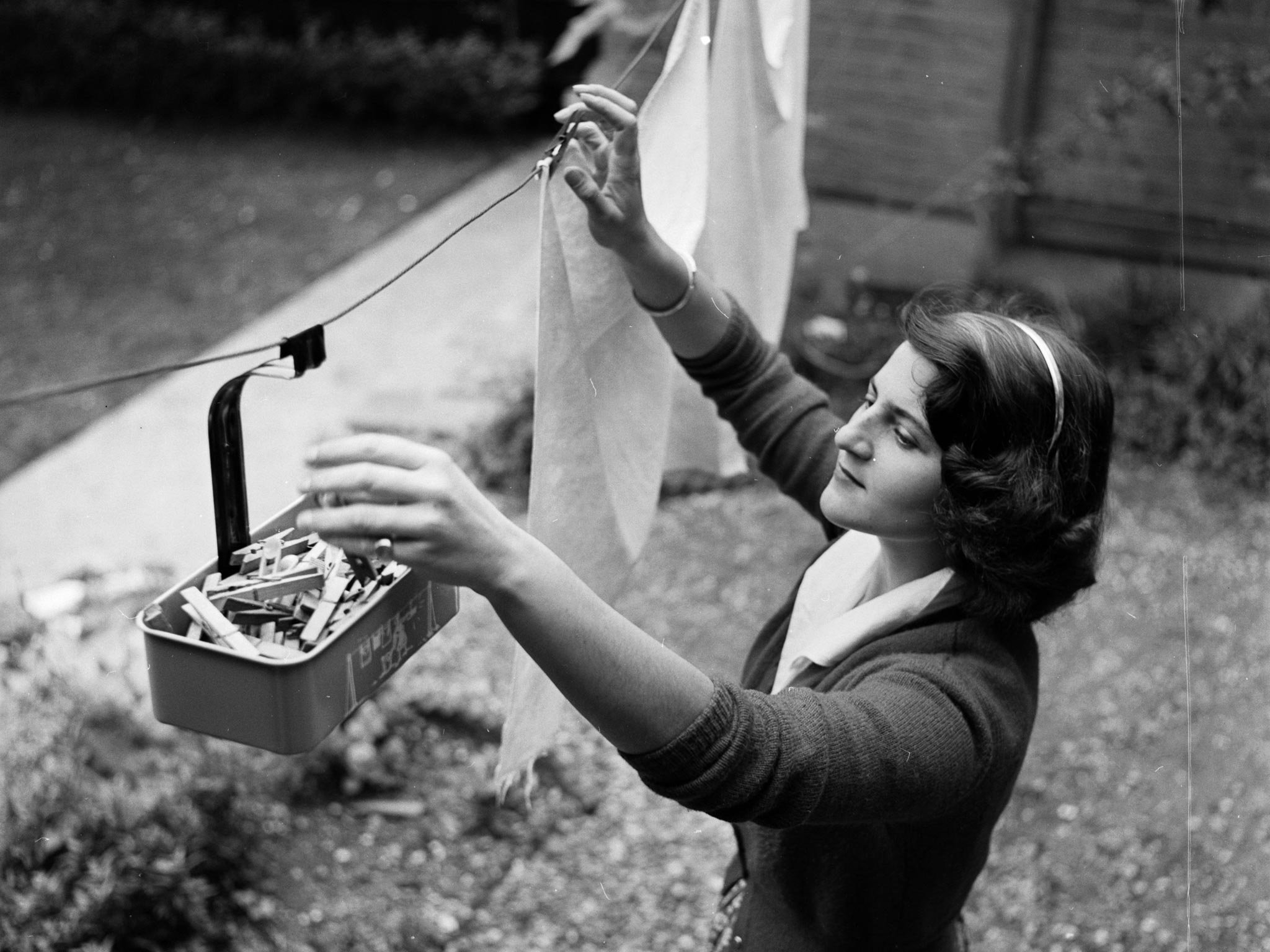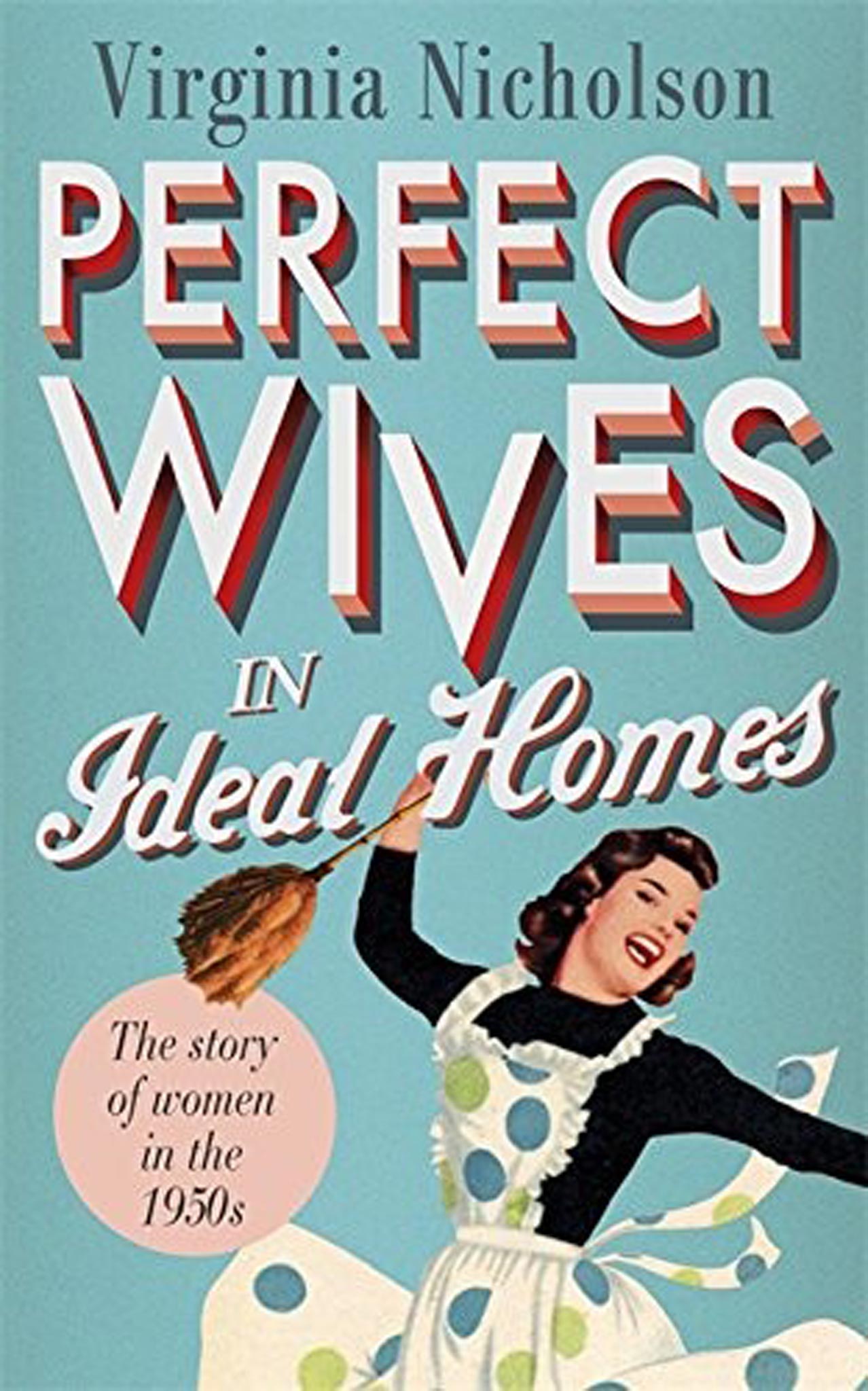Perfect wives in ideal homes: the story of women in the 1950s by Virginia Nicholson - book review: New beginning, old clothes
These women showed great strength in the face of adversity

Sylvia Plath was one woman who came of age in the Fifties, marrying Ted Hughes in the middle of the decade. One of her biographers and contemporaries, the journalist Janet Malcolm, describes their generation: “We lied to our parents and we lied to each other and we lied to ourselves, so addicted to the deception had we become.”
In her new book about the Fifties, Virginia Nicholson doesn’t mention Plath, even though the poet was in England attending Cambridge at that time. Plath was shocked by the bombed-out buildings still visible in English cities, the badly made clothes.
She embodies the contradictions of this era that Nicholson spells out so well: a new world dressed in old clothes. Clever women earmarked for great things but encouraged to believe that marriage and children were all that mattered.
Lies weren’t told just by this generation: they were sold lies as well. The uneasiness that Malcolm pinpoints, though, is also present in the personal accounts Nicholson gives us which form the mainstay of her study.
Leila Williams was born into relative poverty but used her good looks to win beauty competitions, pretending all the way that pleasing men delighted her. Florence Fell had to surrender her illegitimate baby for adoption, while Lorna Arnold’s husband failed to reconcile his homosexuality to family life and left her.

The lies contained in these lives are often heart-breaking. These women showed great strength in adversity, however, while responding to the era’s offers of greater consumption with new fashions and better technology for the home.
How to reconcile this newness with their feelings of being constrained, imposed upon by a post-war society that idealised marriage as the key to happiness? Women testify over and over again to a lack of sexual knowledge, the sheer slog of being a full-time mother and housewife, the expectation that the only jobs open to them are hairdressing, nursing, secretarial work, whatever their skills and abilities. Should this clash of new and old surprise us? Nicholson argues that we look back too nostalgically at the Fifties but I’m not sure how many of us really do.
Nevertheless it’s still a shock to read Dilys Thompson, an Edinburgh University graduate who never worked after her marriage, say: “I don’t think I was ever really bothered about equality. Do you think I should have been jumping up and down more? ... I didn’t question my life. I didn’t want to rock the boat.” After a world war which had rocked most people’s lives, perhaps this attitude was natural. The consequences, however, were anything but.
Join our commenting forum
Join thought-provoking conversations, follow other Independent readers and see their replies
Comments